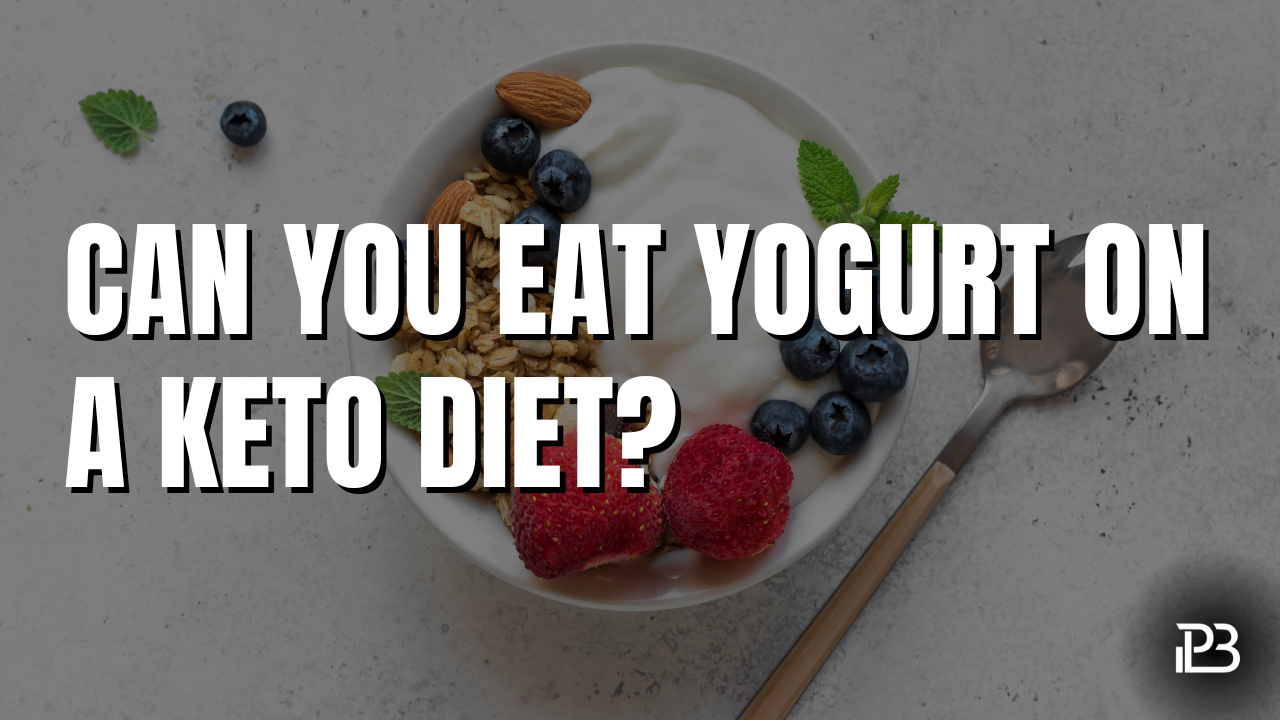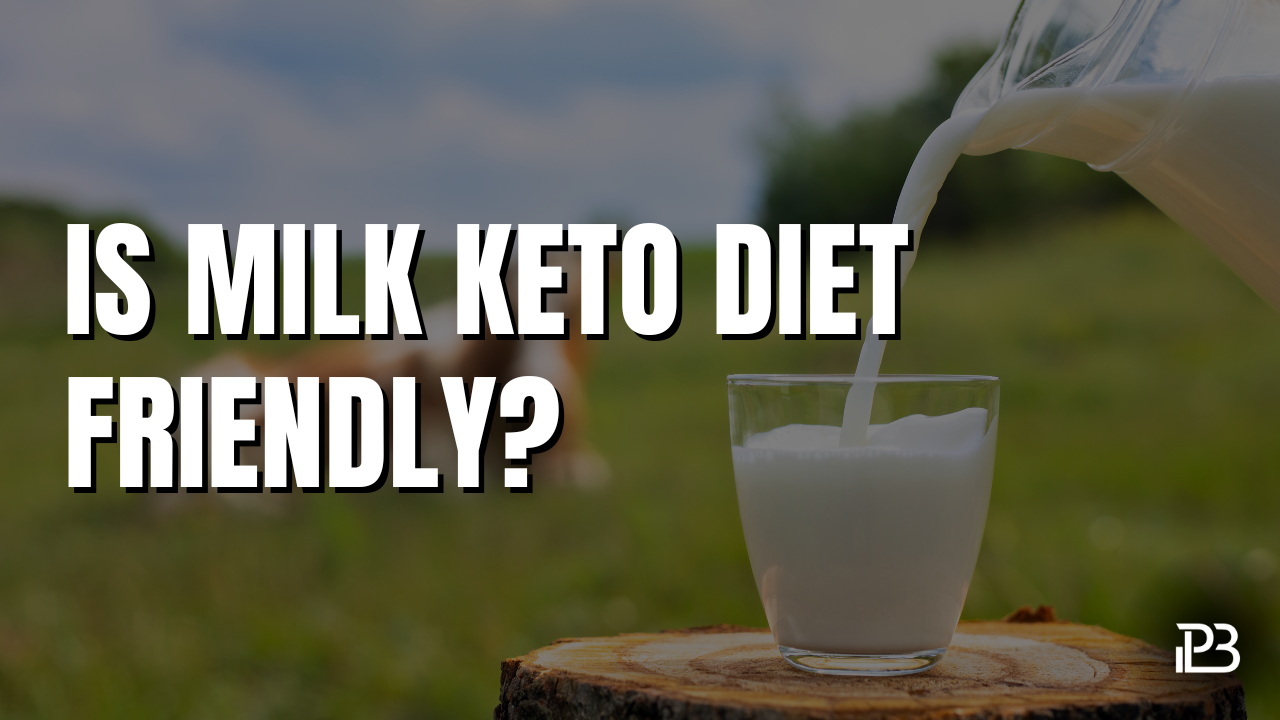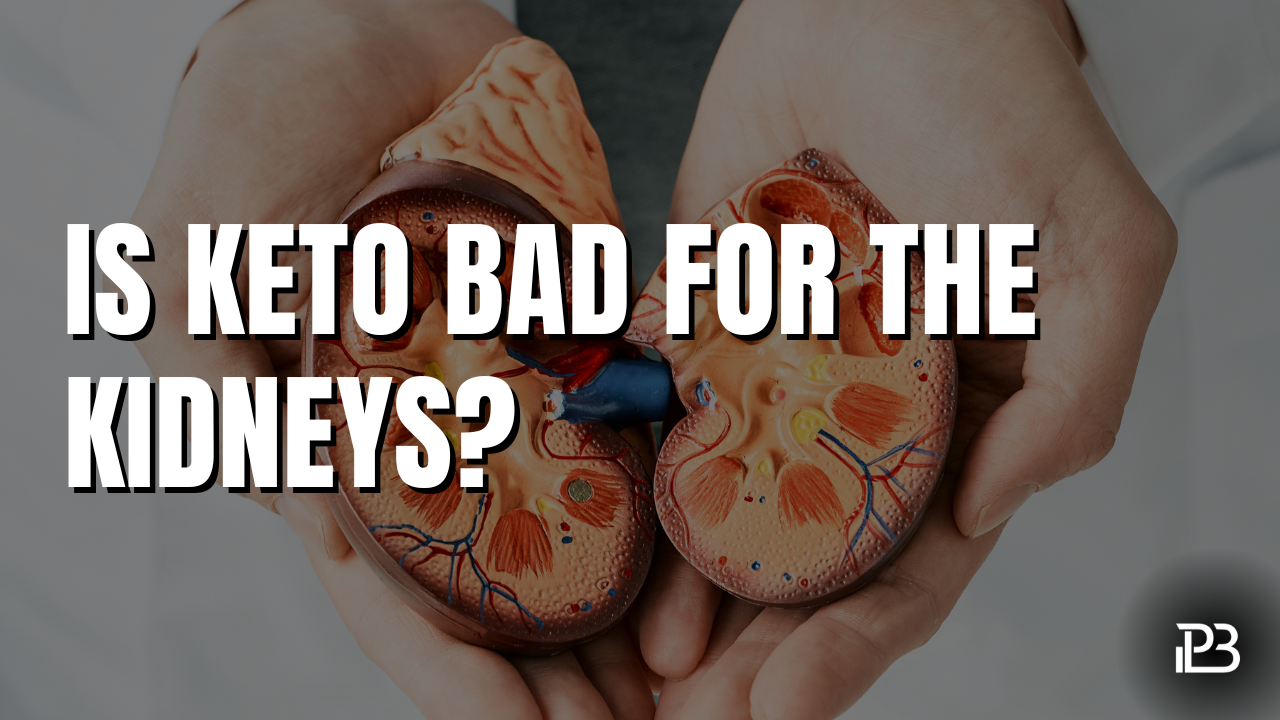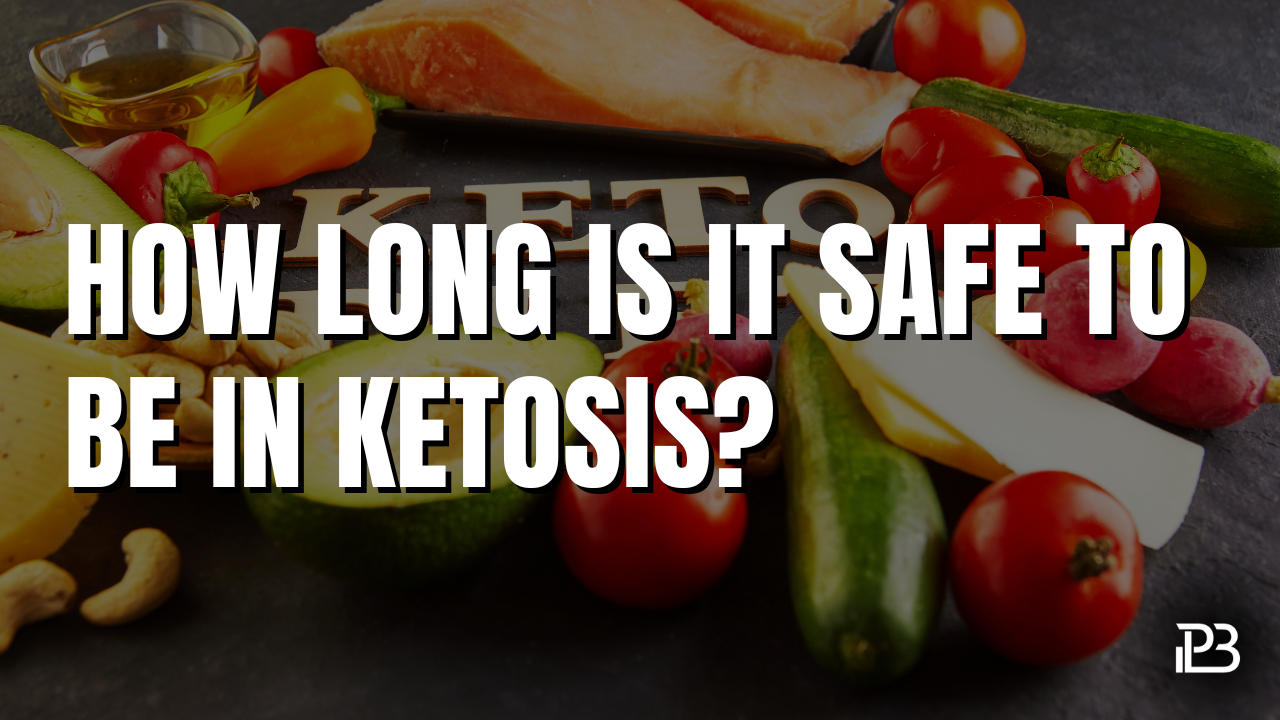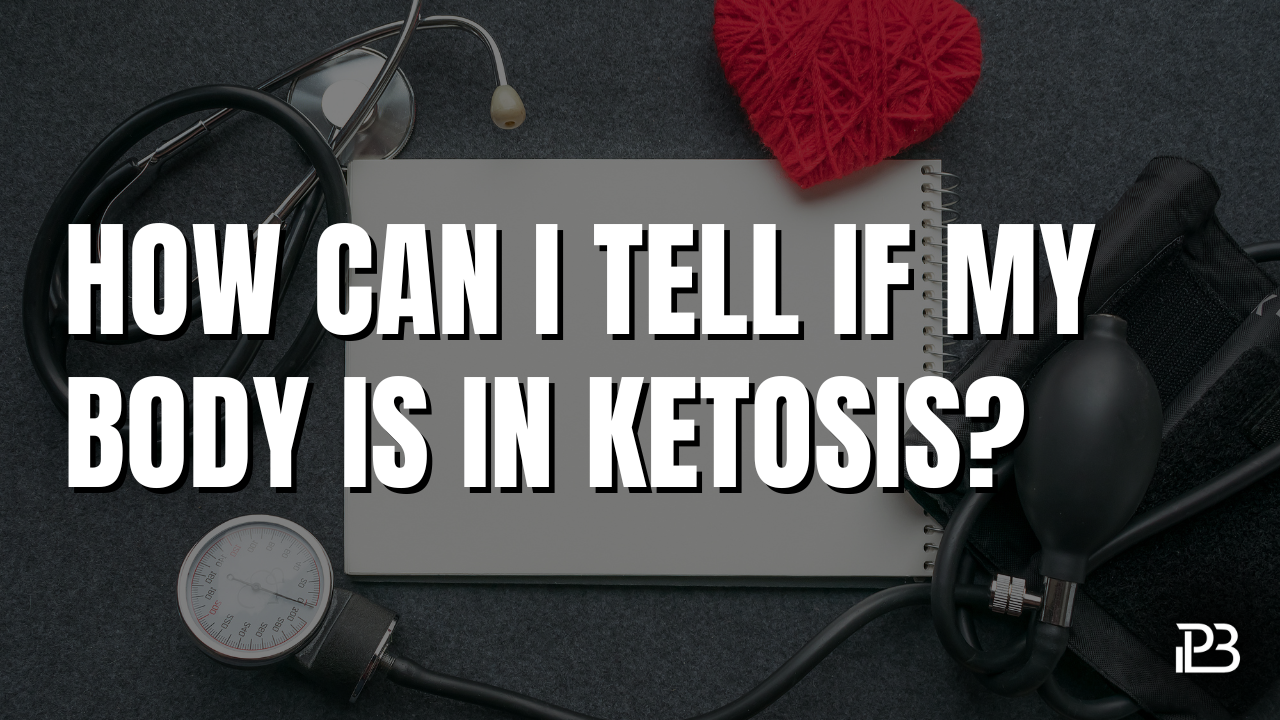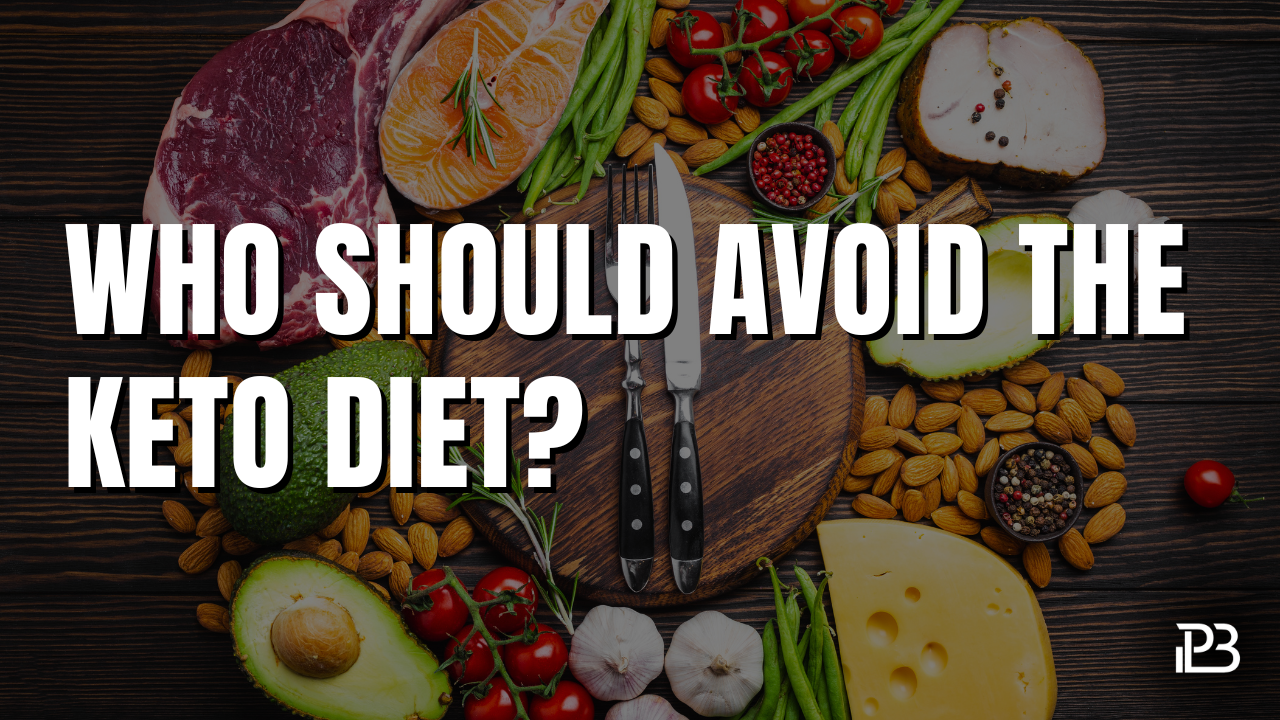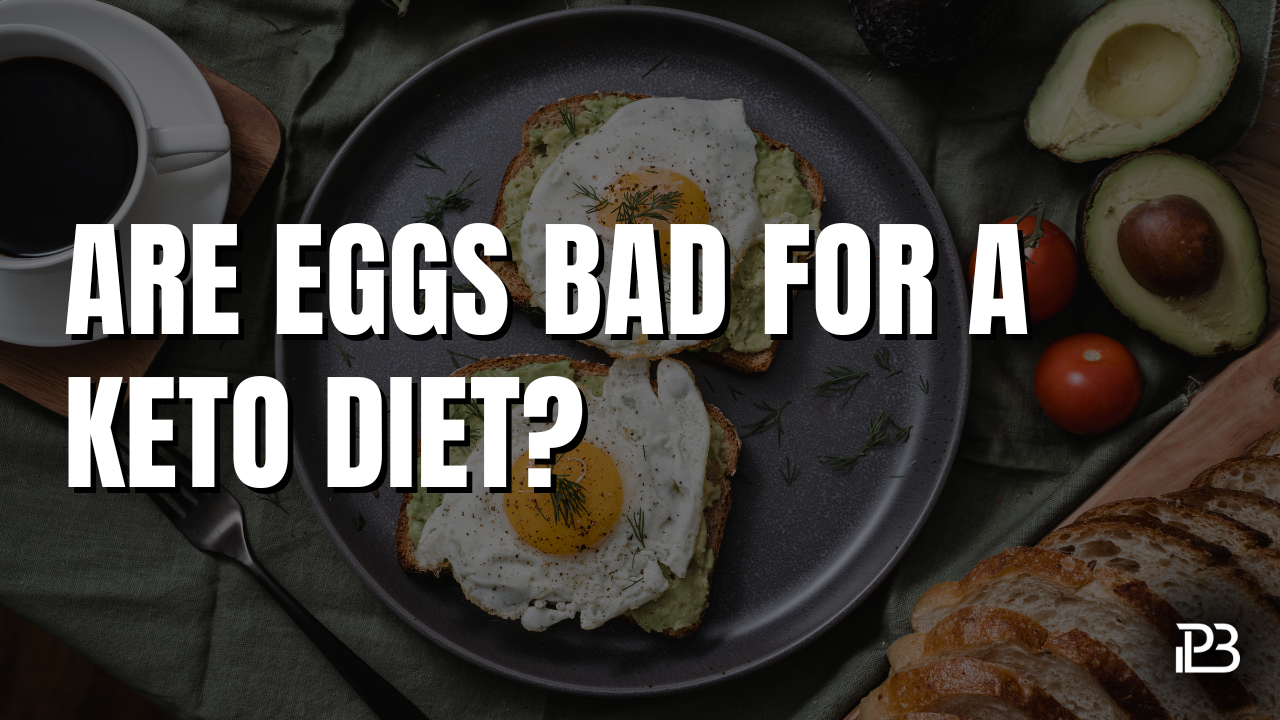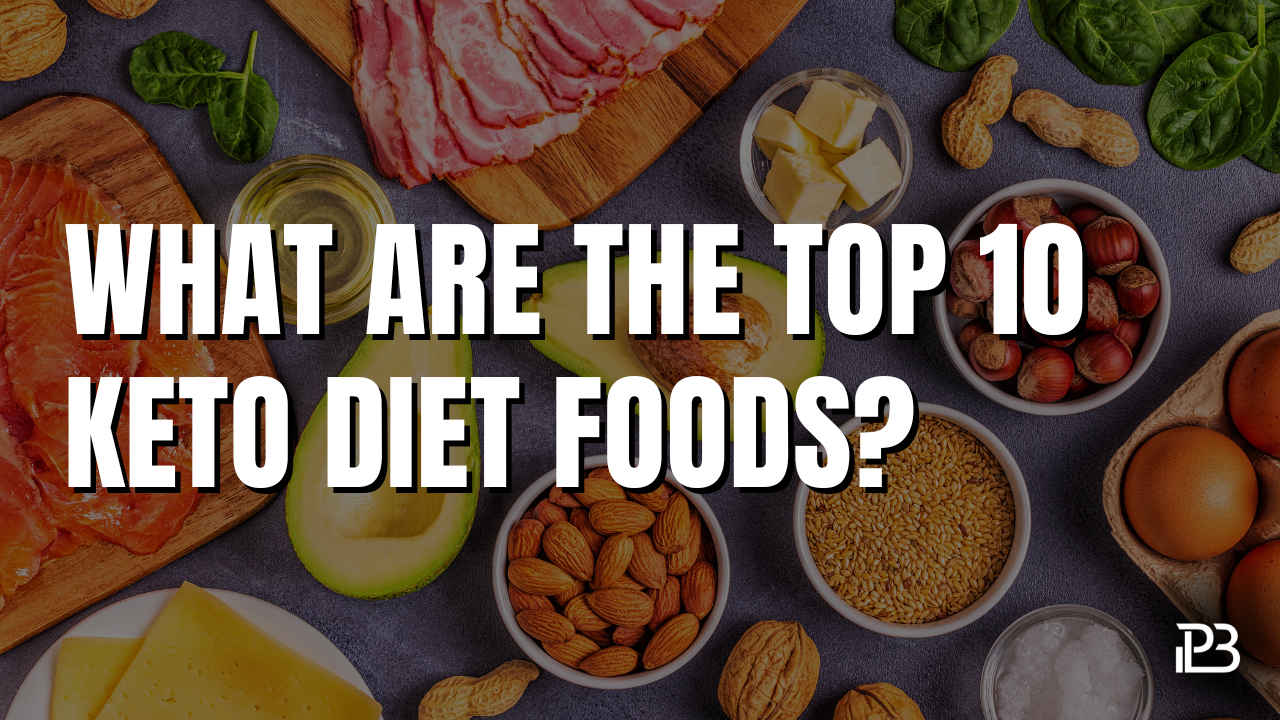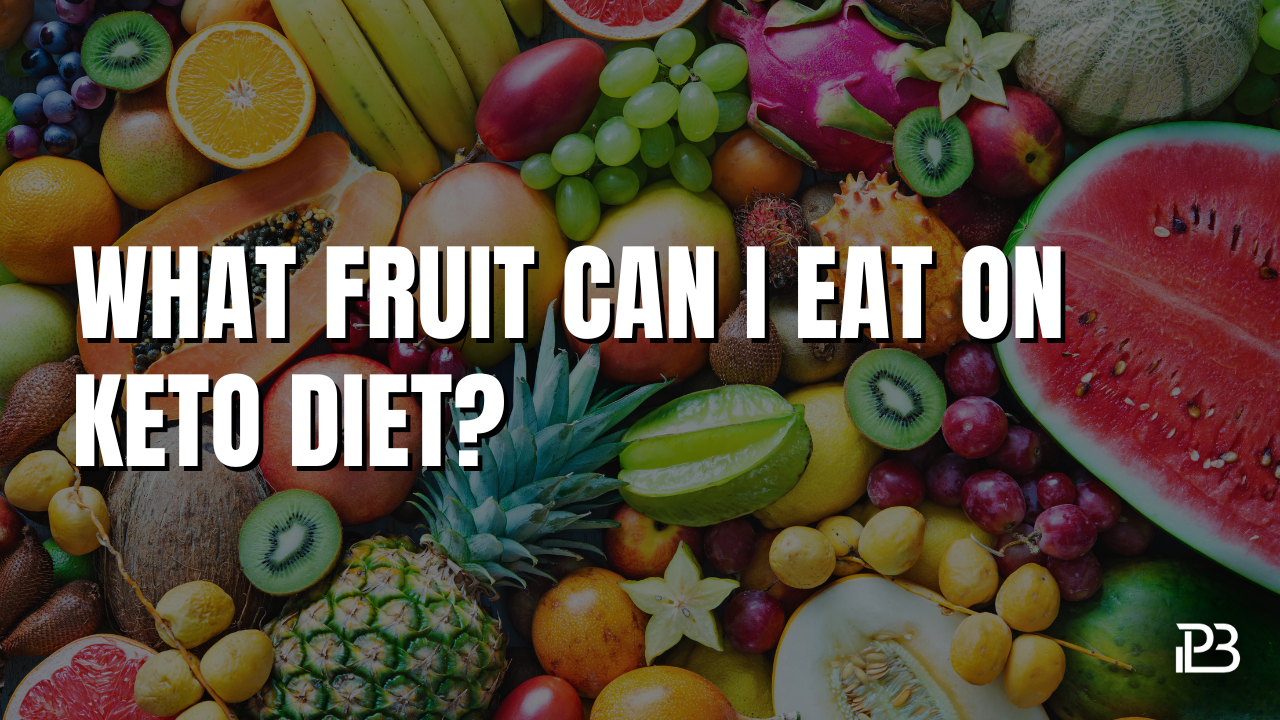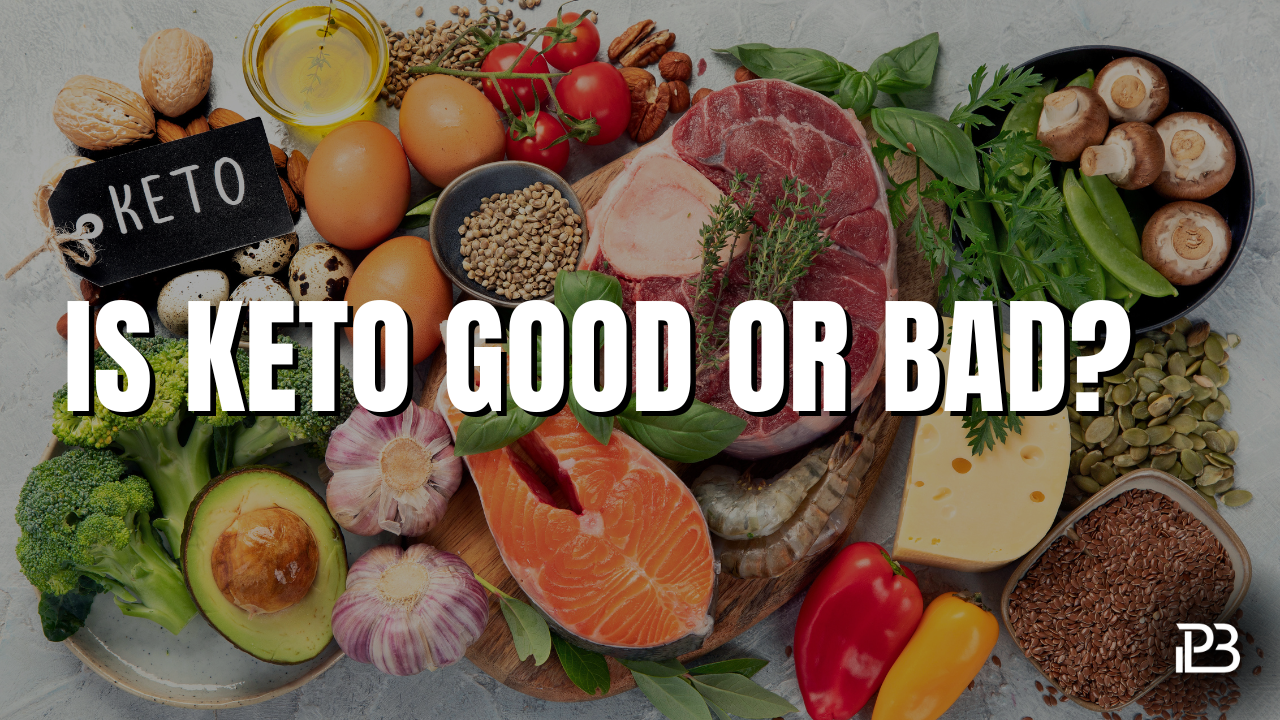Can You Eat Yogurt on a Keto Diet?
The ketogenic diet, or keto diet, is a high-fat, low-carbohydrate eating plan that has become increasingly popular for its effectiveness in promoting weight loss and improving overall health. As you navigate the food choices allowed on this diet, you might wonder whether yogurt can fit into your keto meal plan. This article will explore whether you can eat yogurt on keto, its nutritional content, and the best keto-friendly yogurt options.
Table of Contents
Understanding the Keto Diet
The primary goal of the keto diet is to put your body into a state of ketosis, where it burns fat for energy instead of carbohydrates. To achieve and maintain ketosis, you need to significantly reduce your carbohydrate intake, typically to about 20-50 grams of net carbs per day, while increasing your consumption of healthy fats.
Carbohydrate Content in Yogurt
Yogurt is a popular food choice due to its nutritional benefits, including being a good source of protein, calcium, and probiotics. However, the carbohydrate content in yogurt can vary significantly depending on the type and brand. Here’s a breakdown of the carb content in common types of yogurt:
- Regular Yogurt: One cup of plain regular yogurt contains approximately 12-15 grams of carbs.
- Greek Yogurt: One cup of plain Greek yogurt contains about 5-10 grams of carbs.
- Flavored Yogurt: One cup of flavored yogurt can contain anywhere from 15 to 30 grams of carbs or more, depending on the added sugars and flavorings.
Given the low daily carb limit on the keto diet, consuming certain types of yogurt can quickly use up a significant portion of your carb allowance, making it challenging to stay in ketosis.
Why Some Yogurts Are Not Keto-Friendly
High Carbohydrate Content
The high carbohydrate content in some yogurts, particularly those that are flavored or sweetened, can make them unsuitable for a keto diet. Consuming these yogurts can lead to a spike in blood sugar levels, which can disrupt ketosis.
Added Sugars
Many commercial yogurts contain added sugars to enhance their flavor. These added sugars increase the total carbohydrate content and can make it difficult to keep your carb intake within the keto limits.
Keto-Friendly Yogurt Options
While many types of yogurt are high in carbs, there are several options that can fit into a keto diet. Here are some keto-friendly yogurt choices:
1. Plain Greek Yogurt
Plain Greek yogurt is a popular choice for those on a keto diet due to its lower carbohydrate content and higher protein levels compared to regular yogurt. Opt for full-fat varieties to keep your fat intake up.
- Carb Content: Approximately 5-7 grams of carbs per cup.
2. Plain Icelandic Yogurt (Skyr)
Similar to Greek yogurt, Icelandic yogurt, or skyr, is thicker and creamier with a lower carb content. Choose unsweetened, full-fat versions for the best keto-friendly option.
- Carb Content: Approximately 4-6 grams of carbs per cup.
3. Coconut Milk Yogurt
Unsweetened coconut milk yogurt is a dairy-free alternative that can be suitable for a keto diet. It is low in carbs and contains healthy fats.
- Carb Content: Approximately 2-6 grams of carbs per cup, depending on the brand.
4. Almond Milk Yogurt
Unsweetened almond milk yogurt is another dairy-free, keto-friendly option. It has a mild flavor and a low carb count, making it a good choice for those following a keto diet.
- Carb Content: Approximately 1-5 grams of carbs per cup, depending on the brand.
5. Keto-Specific Yogurts
Some brands offer yogurts specifically formulated for keto diets. These yogurts are typically higher in fat and lower in carbs, making them ideal for maintaining ketosis.
- Carb Content: Varies by brand, generally around 1-3 grams of carbs per serving.
Tips for Choosing Keto-Friendly Yogurt
1. Read Labels Carefully
Always check the nutrition label to determine the carbohydrate content per serving. Look for yogurts with minimal ingredients and no added sugars.
2. Opt for Full-Fat Varieties
Choose full-fat yogurt to increase your fat intake and help keep you full and satisfied. Avoid low-fat or non-fat options, as these often have higher carb content and added sugars.
3. Consider Portion Sizes
Be mindful of portion sizes to ensure you stay within your daily carb limits. Even keto-friendly yogurts can add up in carbs if consumed in large quantities.
4. Add Healthy Fats
Enhance the fat content of your yogurt by adding keto-friendly toppings such as nuts, seeds, or a drizzle of coconut oil.
Conclusion
While not all yogurts are suitable for a keto diet due to their high carbohydrate content, there are several keto-friendly options available. Plain Greek yogurt, Icelandic yogurt, unsweetened coconut milk yogurt, and almond milk yogurt can all fit into a keto meal plan when chosen carefully. By reading labels, opting for full-fat varieties, and considering portion sizes, you can enjoy yogurt while staying in ketosis.
Discover the Custom Keto Diet – Updated For 2024 – AOV Monster!
Ready to transform your health and achieve your weight loss goals with a personalized keto plan? The Custom Keto Diet – Updated For 2024 – AOV Monster! offers tailored meal plans that fit your unique needs and preferences. Take the guesswork out of your keto journey and enjoy delicious, easy-to-follow recipes designed to keep you in ketosis. Click here to get started and take the first step towards a healthier, happier you!
Disclaimer: I am an affiliate of the Custom Keto Diet.
(more…)
